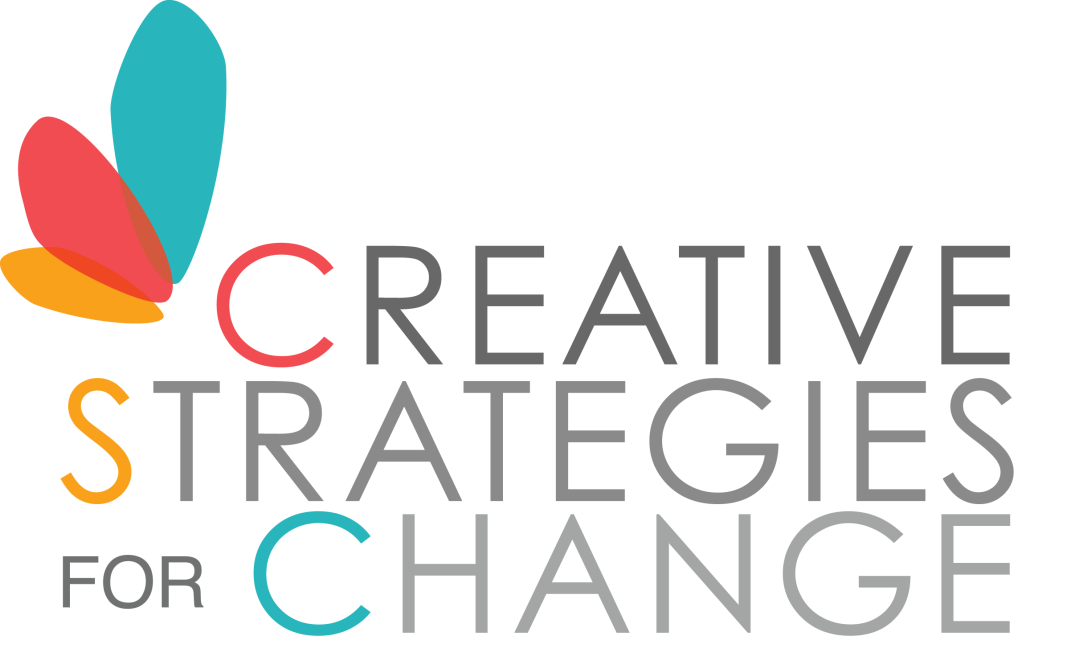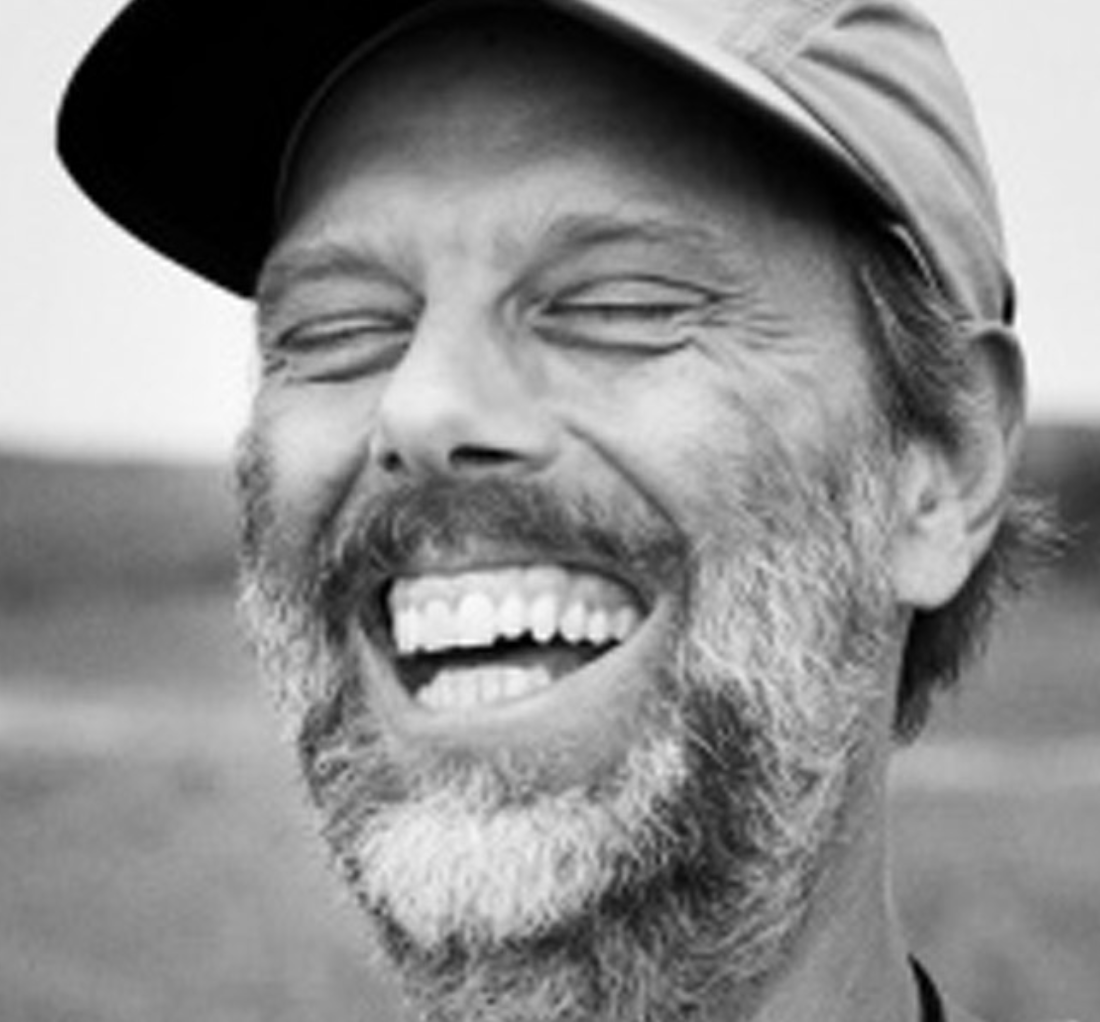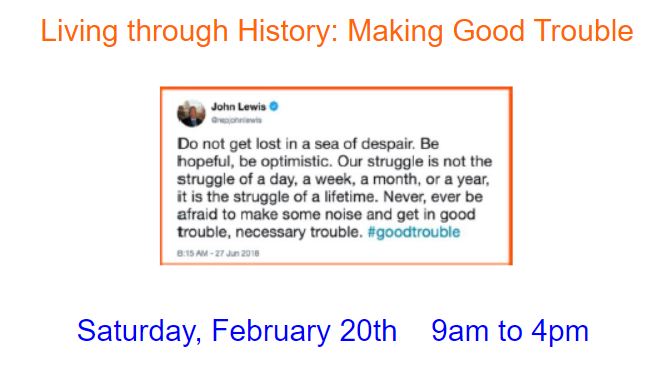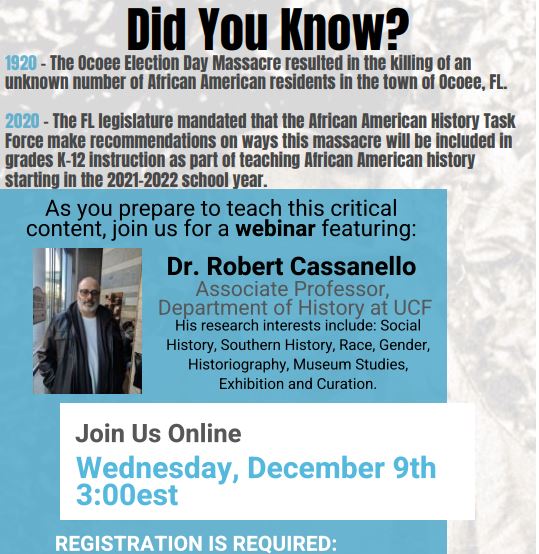Denver-based organization, Creative Strategies for Change, is currently seeking a new Executive Director! We encourage folks in our network to learn more about the position in the announcement below and find the original information on the CSC site here.
 Creative Strategies for Change is expanding our team! We are currently hiring for an Executive Director to start in February of 2021, could it be you or someone you know?
Creative Strategies for Change is expanding our team! We are currently hiring for an Executive Director to start in February of 2021, could it be you or someone you know?
Background: Creative Strategies for Change (CSC) is a nonprofit organization founded in 2013, in Denver, Colorado, with a mission to mobilize arts and education for social justice, and a racial equity imperative. Our offerings include: community and youth programs, interactive performances and workshops, consultation, leadership and professional development.
Position Description: The Executive Director (ED) is a member of the team that stewards CSC mission, vision, and values. This dynamic team and community member will be responsible for the efficient administration of day to day organizational operations, budgetary and fiscal matters, organizational development and fundraising, board development and relations, as well as hiring, training, guiding, and evaluating administrative staff.
The ED is a member of CSC’s collaborative leadership team, the Executive Committee consisting of two Co-Directors of Arts and Education and the Board of Directors. The ED’s priorities are maintaining a sustainable organization with a focus on administrative, board, and financial capacity building. The ED will galvanize our internal and external commitment to equity, excellence, and wellness.
Schedule: 40 hours/week between 8am – 6pm (some evenings and weekends will be required)
Start Date: Preferred start date February 8th (Participation in CSC Workshop is Required)
Compensation: $60,000-$80,000 annually (depending on experience)
After 60 days of employment (or the equivalent hours) employee will be eligible for health care contributions and paid time off as follows:
Health Care Contributions: $400/month (FTE)
Accrual of PTO – 2 days per month: current max total of 2 weeks per year
Minimum Skills and Qualifications
-Commitment to the CSC mission, vision, values, and racial equity imperative.
-Ability to align the organizational operational scope with the goals, mission and vision of CSC, clear understanding of the CSC 3 Model and ability to integrate it in all operations.
-Experience and expertise with managing nonprofit budget and operations or equivalent.
-Strong background in racial equity, critical race theory, intersectionality and social justice frameworks.
-Knowledge regarding community organizing, arts and arts education, youth leadership development, restorative /transformative justice.
-Expertise with board relations & development, fundraising, hiring, training, supervising, and evaluating personnel.
-Confident with organizational systems, financial, and database management
-Experience and expertise with managing nonprofit budget and operations or equivalent.
-Strong background in racial equity, critical race theory, intersectionality and social justice frameworks.
-Knowledge regarding community organizing, arts and arts education, youth leadership development, restorative /transformative justice.
-Expertise with board relations & development, fundraising, hiring, training, supervising, and evaluating personnel.
-Confident with organizational systems, financial, and database management.
-Excellent, culturally responsive interpersonal, verbal, and written communication skills.
-Proactive, self-motivated and able to work independently and interdependently.
-Experience with working with diverse teams and communities.
-Critical, strategic thinking and the capacity to manage a variety of projects, priorities, and deadlines.
-Knowledge and experience with grant writing and management.
-Experience with fundraising, and client and donor engagement and development.
-Willing to engage in conflict resolution, give and receive critical feedback.
-3 years of managerial/leadership experience.
Preferred Skills and Qualifications
-3-5 years consecutive experience as an executive director or similar administrative leadership role with a nonprofit organization.
-Expertise with organizational change and growth, and experience guiding an organization through the start up to sustainable experience.
-Understanding the value of art as an expression and foundation to the work at CSC.
Duties and Responsibilities
-Collaborative stewardship of the organizational mission, vision, and values.
-Provide leadership in coordinating, executing, and evaluating CSC administrative operations.
-Work with the administrative team to design, implement, and evaluate the performance of short and long-term plans for organizational growth and development toward a thriving, sustainable, and fiscally solvent organization.
-Build organizational administrative capacity for efficient and effective management.
-Improve CSC financial capacity and fiscal solvency to increase organizational capacity.
-Organizational capacity building through Financial Development & Administration, Fundraising, -Administrative operations, board development/relations are high priorities for this position.
-Work with CSC accountant to assure compliance with all IRS, national, state and local regulations and requirements for 501(c)3 nonprofit organizations, including up to date files, filing systems, necessary certificates, licenses, etc.
-Work with CSC accountant to manage all organizational bookkeeping and finances as required by law and in alignment with CSC mission, vision, and values.
-Work with the CSC board, executive committee, and administrative team to develop, review, refine, and implement annual operating budget and strategic plan.
-Work with the Program Manager to operationalize CSC fundraising plan, including grants, donors, sponsors, and special events. Increase individual and corporate donors to meet fundraising goals.
-Contributes to activating and sustaining board participation in organizational fiduciary responsibilities and fundraising plans including grant research and writing, online crowdfunding, donor relations, sponsorship, and event planning, coordination, and execution.
-Attend regular staff, board, and team meetings.
Cultivate a culture of integrity with internal and external relationships, developing and maintaining open lines of communication.
-Develop, update, and maintain organizational operations manual, and policies and procedures handbook.
-Provide administrative support staff leadership including hiring, training, orientation, schedules, contracts, evaluation, and paperwork.
-Work with the administrative support staff to develop, refine, and maintain efficient organizational systems and procedures including but not limited to: calendars, documentation, assessment, administrative work plans, handbooks, manuals, database, etc.
-Work with the Executive Committee and staff to develop and implement public relations and communications strategies to support organizational goals and community engagement.
-Support Program Manager in sustain communications: blog, newsletter, social media, website updates and maintenance, print and web based marketing and promotion, etc.
-Represent CSC for panels, community meetings, conferences, funder discussions and field-wide convenings. Nurture new and existing partnerships with cultural, artistic and social justice organizations locally, regionally, nationally and internationally.
-Staying connected to developments and grant funding opportunities, significant events, and conferences.
-Fielding information requests from current and prospective donors, sponsors, foundations, and board members.
-Additional duties and responsibilities as necessary.
CSC strongly encourages applications from diverse women and leaders of color for all positions. Creative Strategies for Change is committed to a policy of equitable representation across the organization and will not discriminate on the basis of race, ability status, sex, gender identity, religion, sexual orientation, nationality, ethnicity, religion, age, socioeconomic status, or other social identities.
Please send cover letter, resume, and 3 references (1 personal and 2 professional) to: board[at]creativestrategiesforchange[dot]com. Please include “Executive Director Position” in email subject field
Find the original announcement at www.creativestrategiesforchange.com/2020/11/23/team-csc-is-growing-we-are-hiring-an-executive-director/.


 Creative Strategies for Change is expanding our team! We are currently hiring for an Executive Director to start in February of 2021, could it be you or someone you know?
Creative Strategies for Change is expanding our team! We are currently hiring for an Executive Director to start in February of 2021, could it be you or someone you know? Since 1949, the National Civic League has designated over 500 communities as All-America Cities for their outstanding civic accomplishments. The Award, bestowed yearly on 10 communities, recognizes the work of communities in using inclusive civic engagement to address critical issues and create stronger connections among residents, businesses and nonprofit and government leaders.
Since 1949, the National Civic League has designated over 500 communities as All-America Cities for their outstanding civic accomplishments. The Award, bestowed yearly on 10 communities, recognizes the work of communities in using inclusive civic engagement to address critical issues and create stronger connections among residents, businesses and nonprofit and government leaders.
